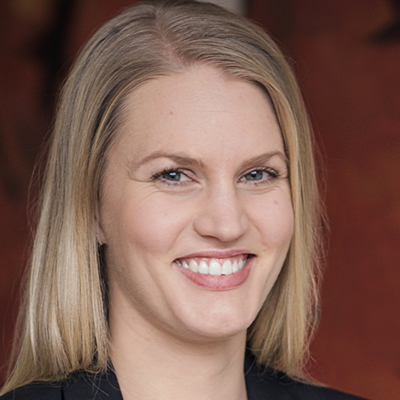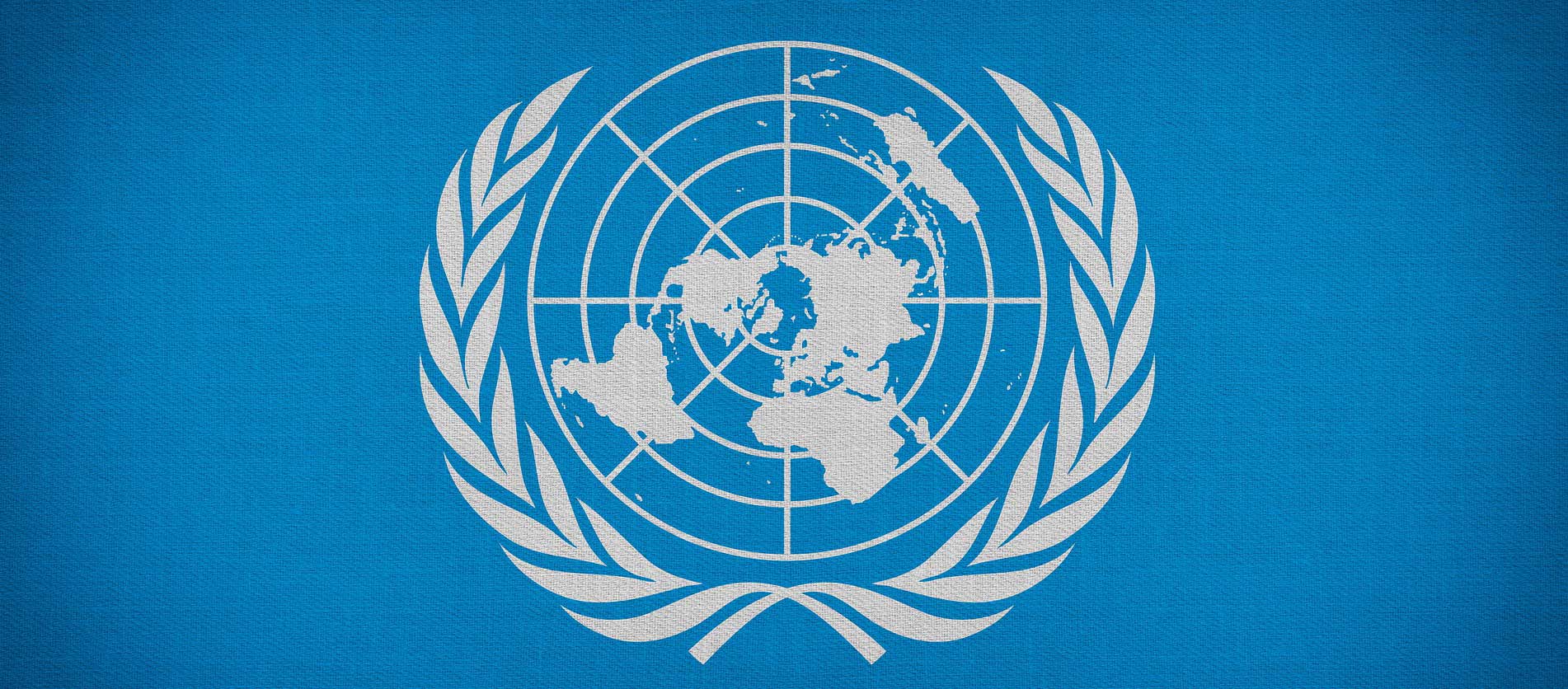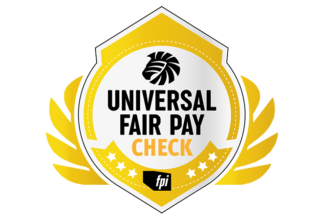On our own account: Our first statement for the United Nations
Best Practice, Current, Fair Pay Around the World, Hauptmenü /
or why fair pay also saves polar bears - by Katinka Brose
Since its founding, FPI has focused on international work – as one of the first members in the Equal Pay International Coalition, the long-standing engagement with the annual United Nations Commission on the Status of Women Rights in New York, or the international certification with the Universal Fair Pay Check. As of fall 2021, the FPI has received special consultative status with the United Nations and the first statement to the UN on equality and climate action has been published since February 2022.
Fair pay has become an integral part of the international agenda. For example, gender equality and fair pay are fundamental parts of the United Nations Sustainable Development Goals. With the Equal Pay International Coalition, initiated by the International Labour Organization, UN Women, and the OECD, a coalition of pioneers was launched. Since 2017, the exchange of best practices has been strengthened at the international level and FPI has been involved from the beginning.
But the discussion around fair pay and how states can create a legal framework to guarantee fair pay is by no means a new one. As early as 1951, fair pay was enshrined in the International Labour Organization's Convention No. 100. And the European Community followed this example in 1957 with the Treaty of Rome. Nevertheless, the gender pay gap persists – at a global level.
Gender equality as a cross-cutting theme
UN Women has impressively demonstrated that gender equality is the most important cross-cutting theme of the United Nations' 17 Sustainable Development Goals: achieving equality means creating a basis for equal opportunity, economic independence, sustainability, and climate protection. "Equal pay for work of equal value," is Goal 8.5 – and it is probably no coincidence that 8.5 is exactly the middle of 17. Economic independence is a basic prerequisite for leading a self-determined life, and fair pay is precisely part of this. This is why fair pay is so important for climate protection or building education and resilience. Because without economic independence, these challenges cannot be tackled. Thus, fair pay also saves polar bears from extinction!
In order to shape this discussion at the international level and to apply the Universal Fair Pay Check beyond Germany, the FPI applied for special consultative status at the United Nations – and received this status in the fall of 2021. This means that the FPI can now consult on Fair Pay issues at the United Nations and publish statements. The first statement for the 66th session of the Commission on the Status of Women has already been submitted and underlines the fact that without economic independence and fair pay, equality and effective climate protection for all can hardly be implemented.
Not only is fair pay a component of international organizations or treaties, but the discussion about how to implement fair pay most effectively is also being held at the national level. We have featured some of these examples – from Spain to Canada – in the Fair Pay Around the World series. For the Foundation for European Progressive Studies (FEPS) and the Fondation Jean-Jaurès, FPI compared these national strategies and chose the best: regular analysis of pay structures, targets for metrics, transparency, and sanctions are key components of a successful policy mix.
For further reading:
FPI Special Consultative Status at the United Nations
FPI Statement for the 66th session of the Commission on the Status of Women
FPI profile at the Equal Pay International Coalition
Fair Pay a European Race to Equality and Equal Opportunities for All, November 2021, Policy Brief for FEPS
Creating Momentum for Fair Pay: Assessing Policies with Leverage, February 2022, Policy Study for FEPS
FEPS Talks Podcast Episode #116 Creating Momentum for Fair Pay

KATINKA BROSE worked at the FPI as Senior Strategy Agent in Politics & Industry and Commerce from 2017 to 2022. She is a political scientist and an expert on Europe. She completed her master’s degree at the Hertie School in Berlin. Since 2015, she has been researching European equality policy and equal pay. At the FPI, she analysed the causes and consequences of the gender pay gap and developed strategies to rectify it.
FPI - What we do
Why does the gender pay gap prove so intractable? What is standing in the way of fair pay for all? What do companies need to do in order to put sustainable pay strategies into practice?
LEARN MORE
Universal Fair Pay Check
The Universal Fair Pay Check provides guidance for companies and sheds a light on the choas of different certification methods.
READ
FPI TOOL COMPASS
Welche Instrumente und Maßnahmen passen zu Ihrem Unternehmen? Unsere Übersicht hilft Ihnen, die wichtigsten Fragen zu beantworten und das richtige Tool zu finden.
MEHR LESEN



